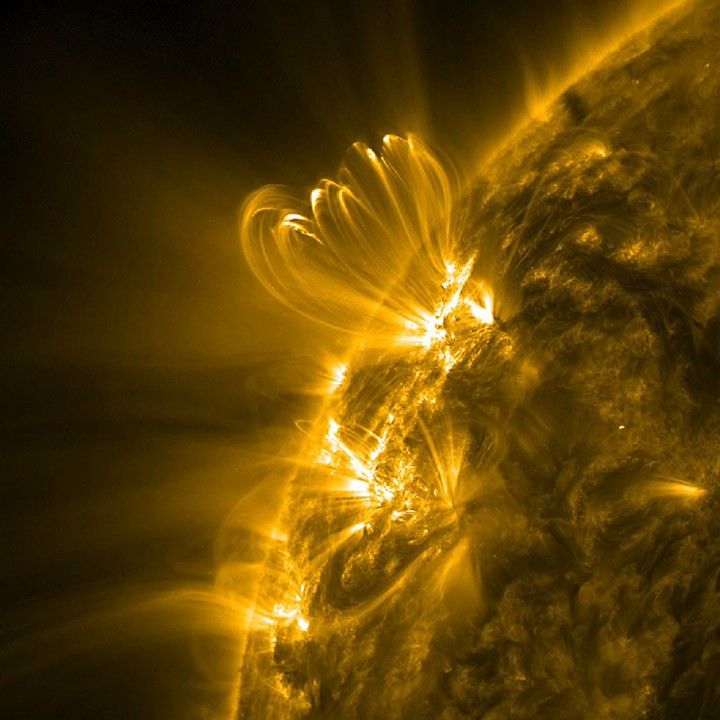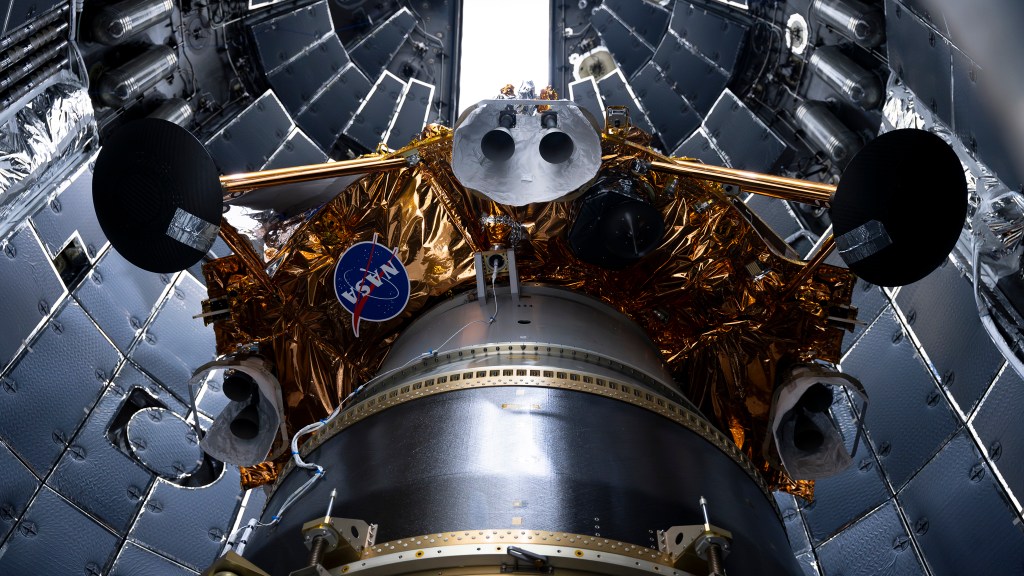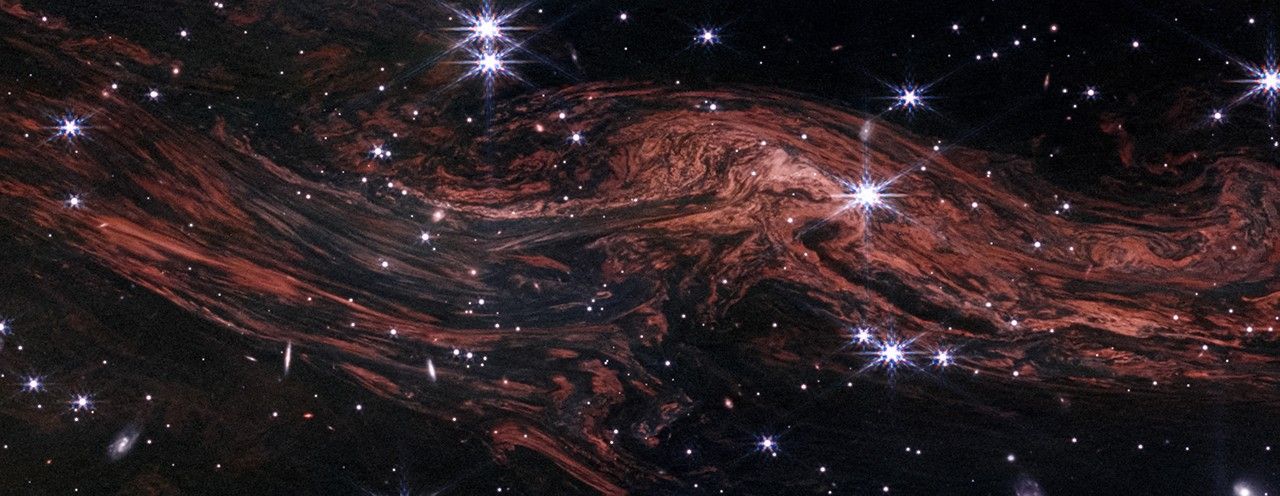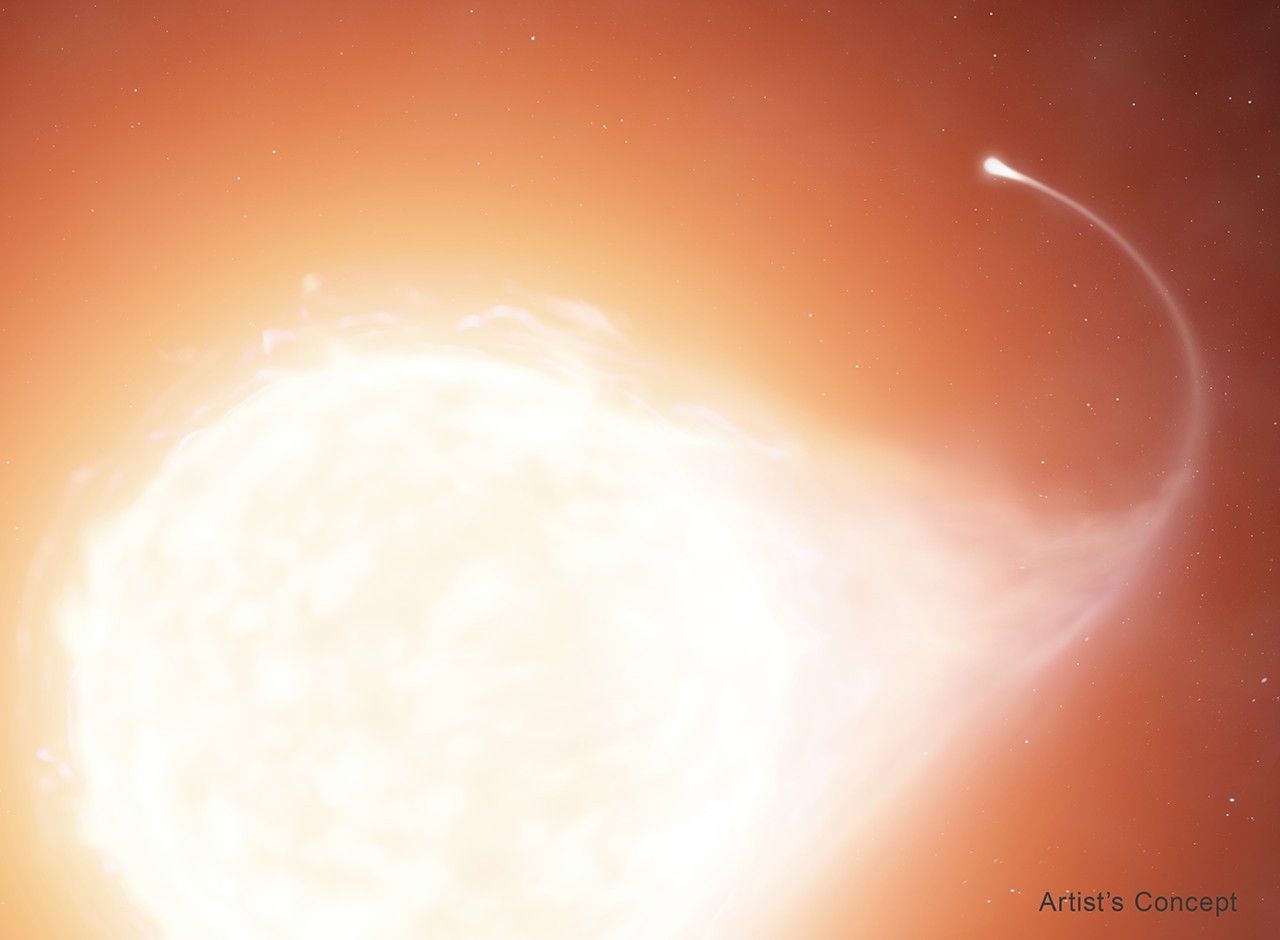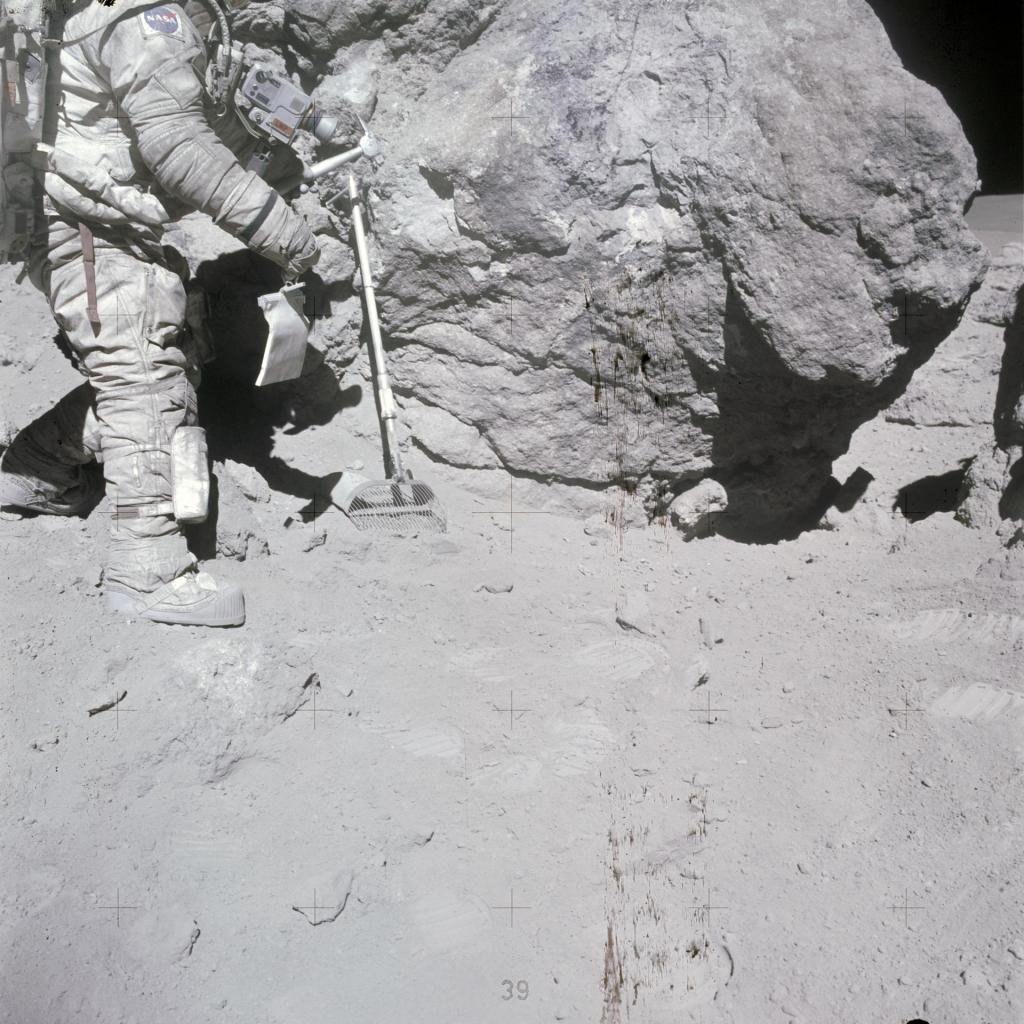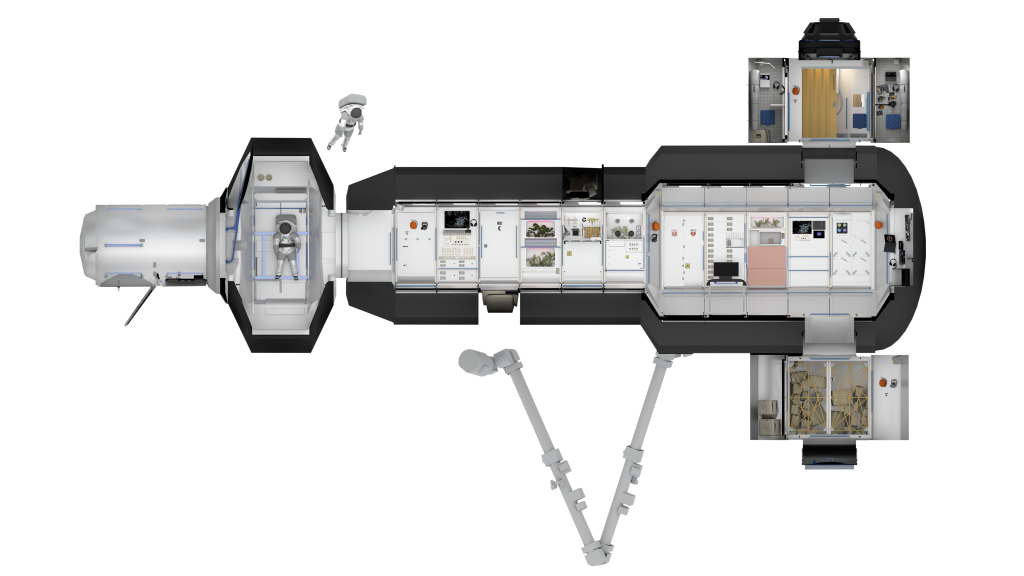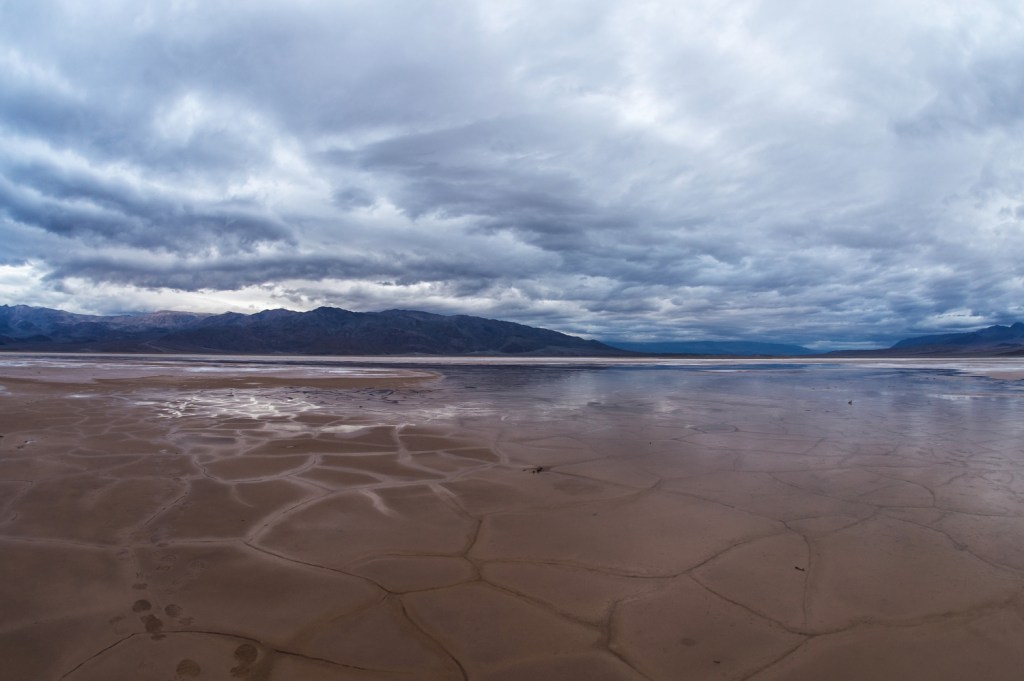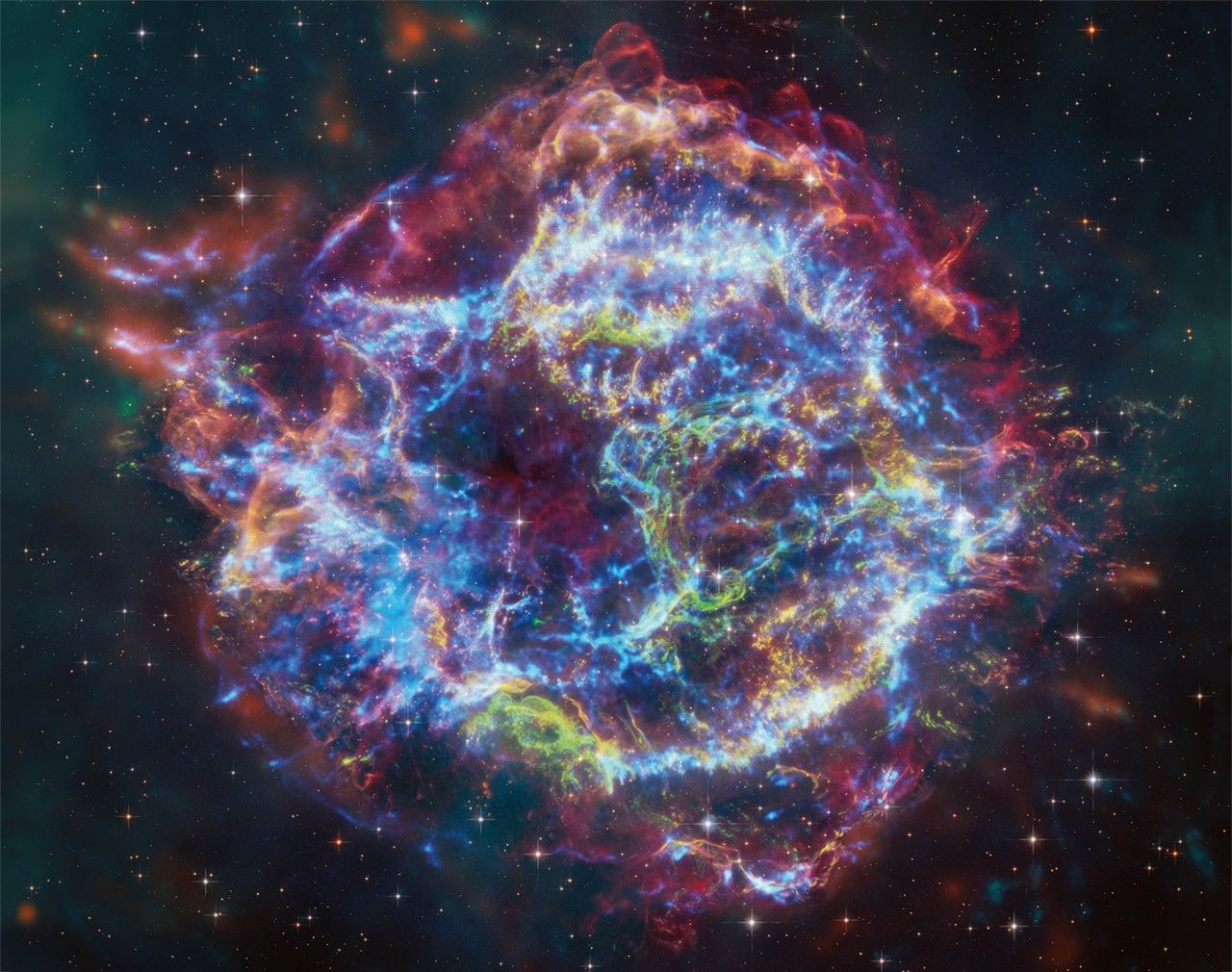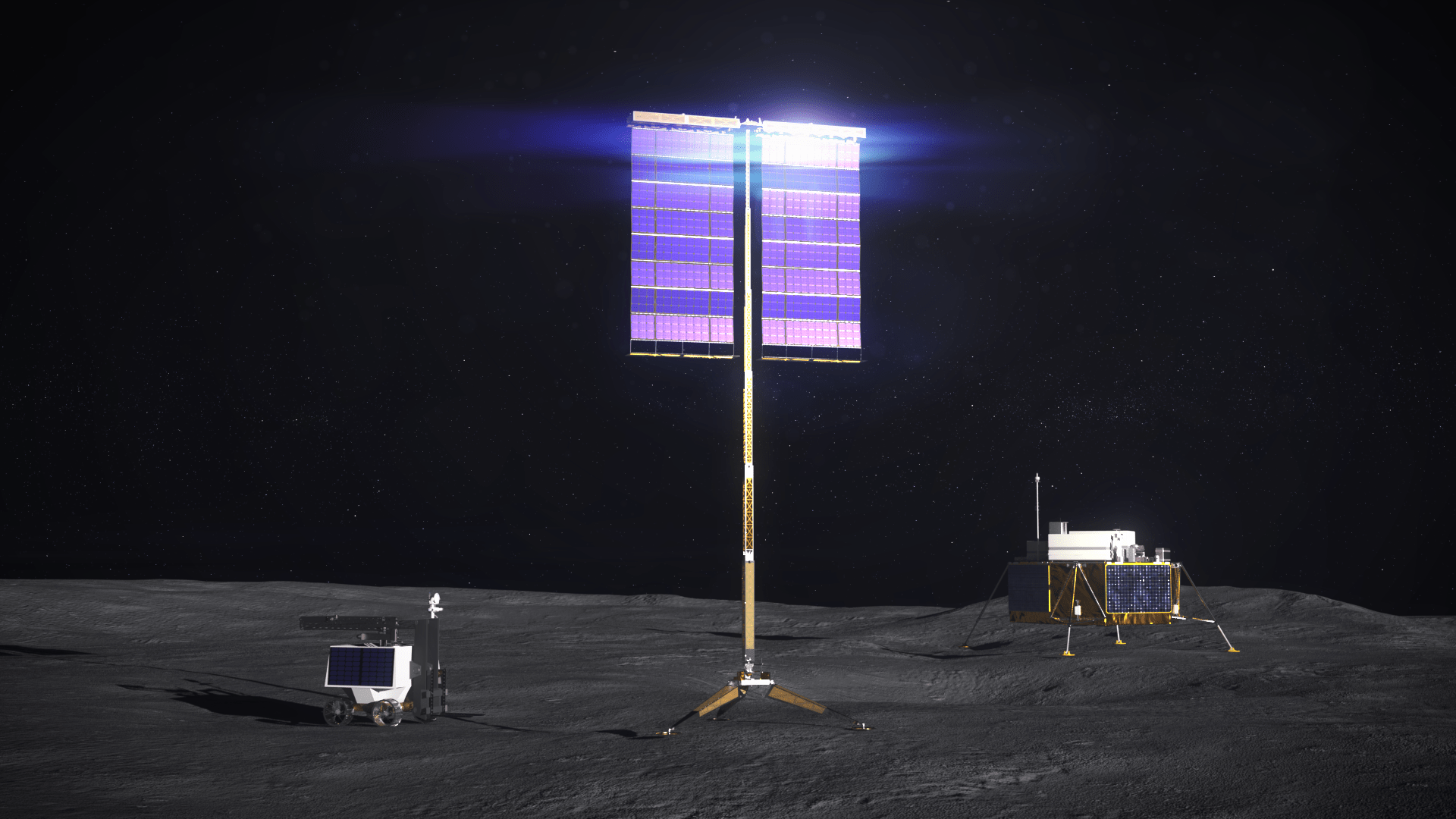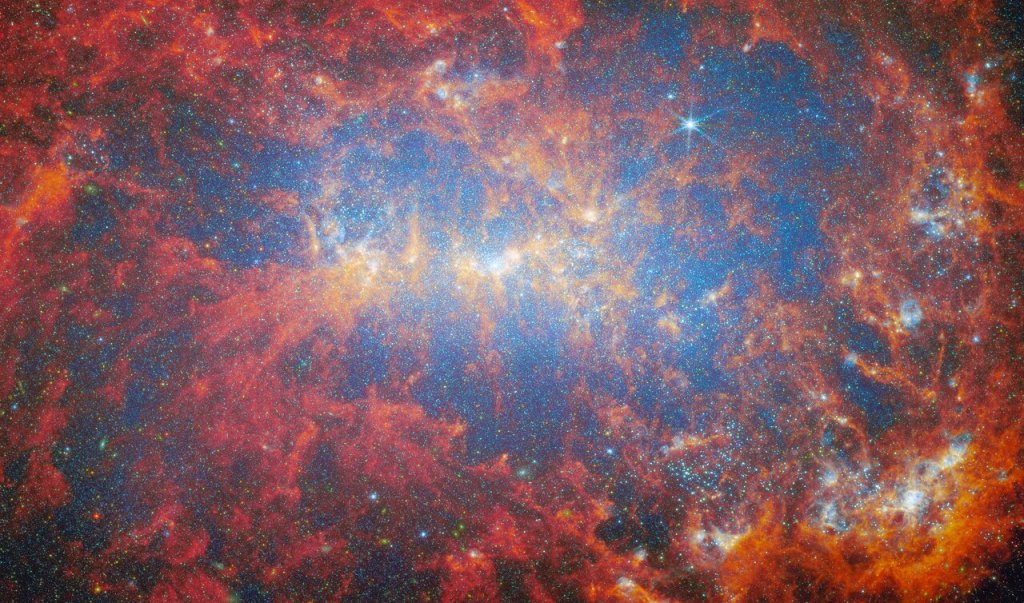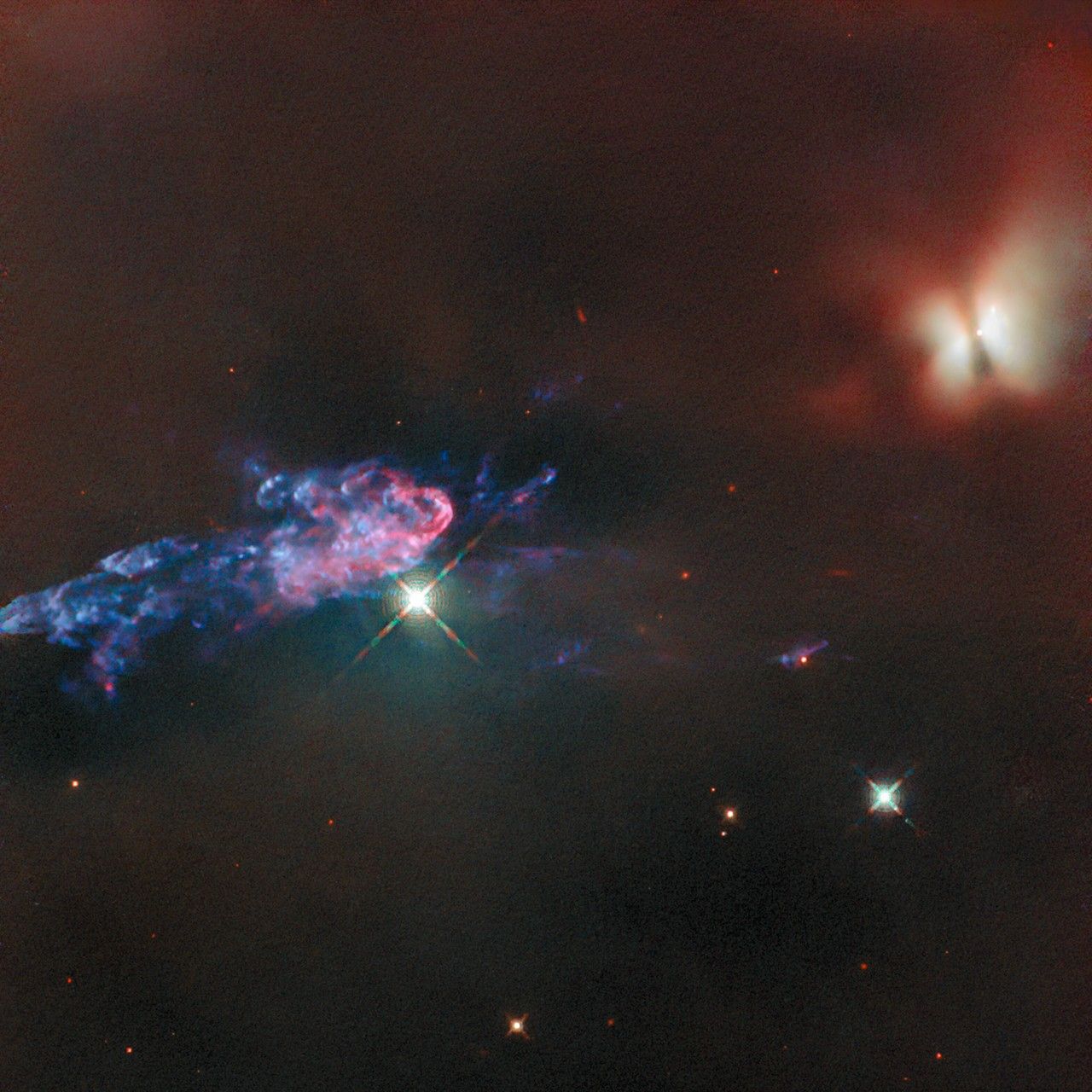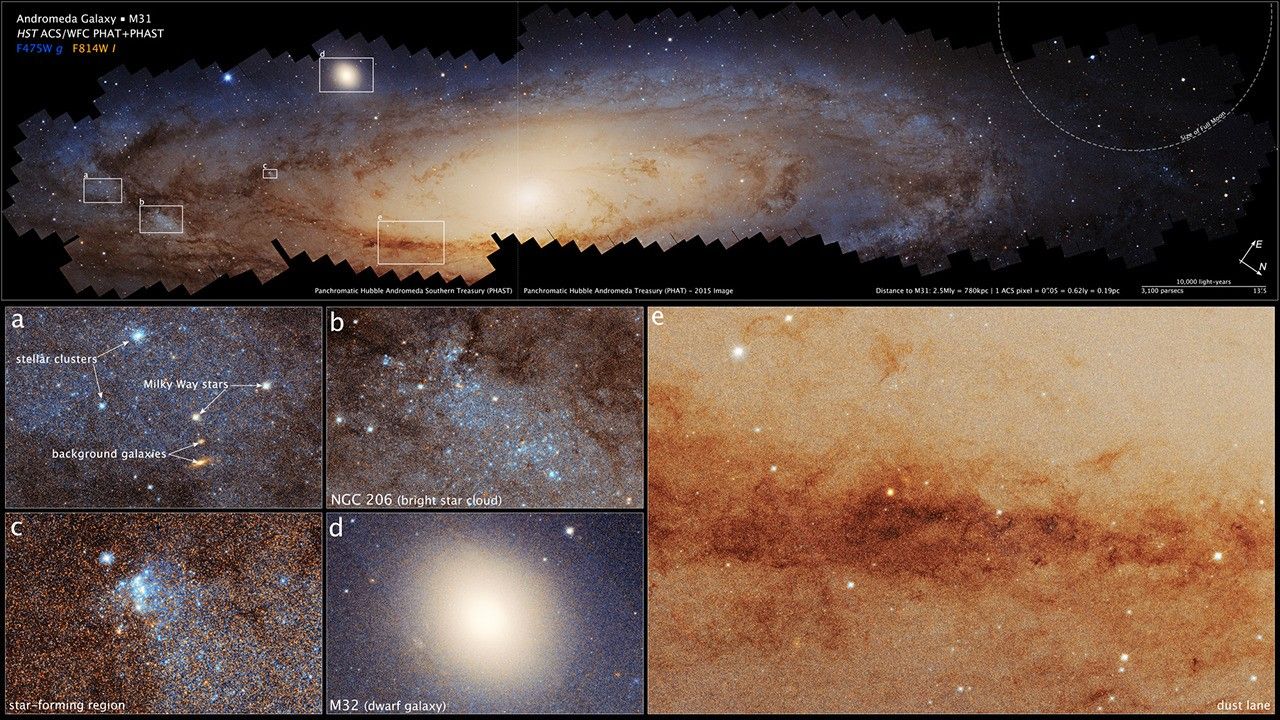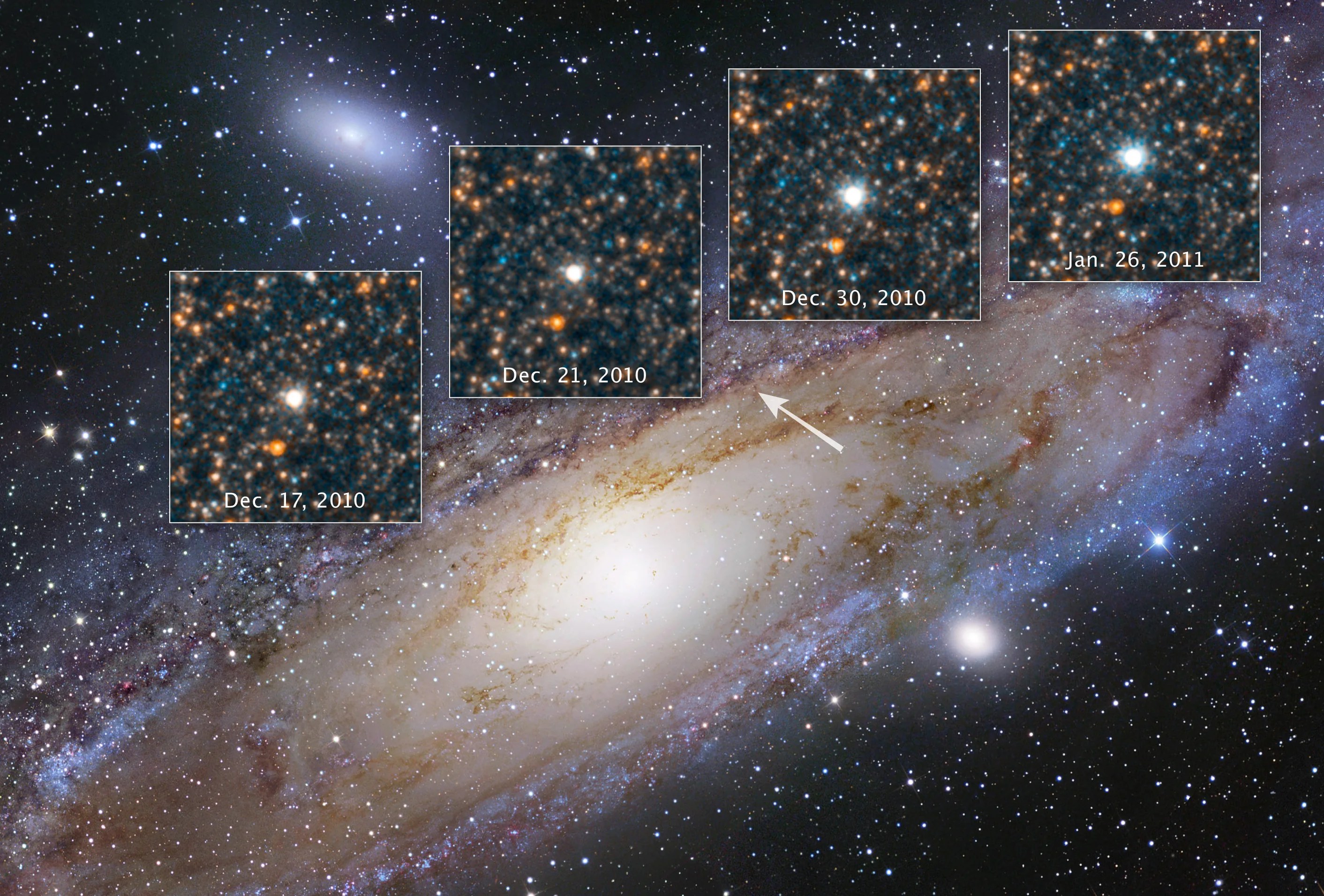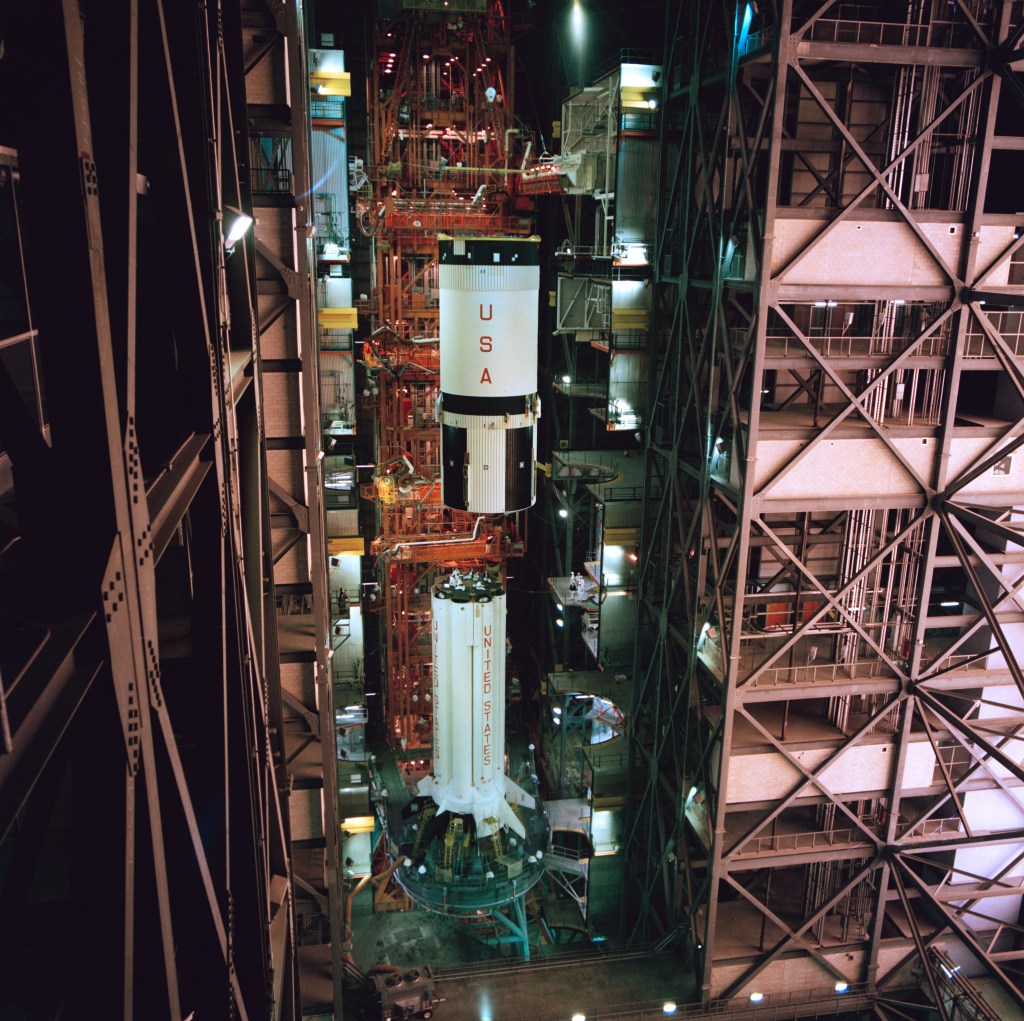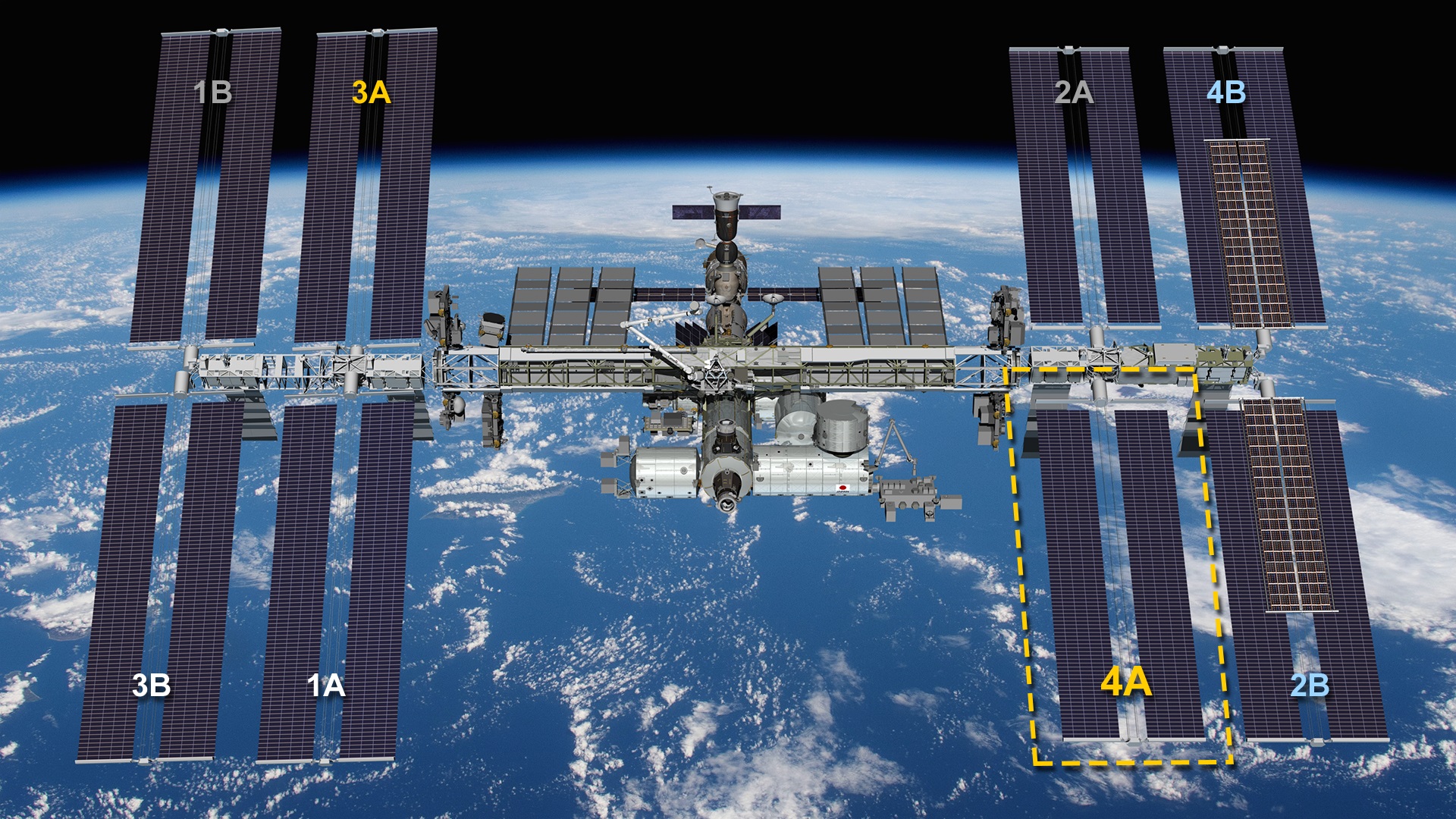
Editor’s Note: On Aug. 23, NASA announced the U.S. spacewalk outside the International Space Station originally planned for Tuesday, Aug. 24, with NASA astronaut Mark Vande Hei and Japan Aerospace Exploration Agency (JAXA) astronaut Akihiko Hoshide has been postponed due to a minor medical issue involving Vande Hei. This issue is not a medical emergency. The spacewalk is not time-sensitive and crew members are continuing to move forward with other station work and activities. Teams are assessing the next available opportunity to conduct the spacewalk following the SpaceX CRS-23 cargo resupply launch planned for Aug. 28 and upcoming Russian spacewalks. The preview briefing Aug. 23 is also being rescheduled and will be announced at a later date. For updates, please visit https://blogs.nasa.gov/spacestation.
Editor’s Note: On Aug. 18, 2021, the list of news conference participants was upated.
Two astronauts will venture outside the International Space Station Tuesday, Aug. 24, for a spacewalk to install a support bracket in preparation for future installation of the orbiting laboratory’s third new solar array.
NASA will discuss the upcoming spacewalk during a news conference at 2 p.m. EDT Monday, Aug. 23. Live coverage of the news conference and spacewalk will air on NASA Television, the agency’s website, and the NASA app.
NASA astronaut Mark Vande Hei and astronaut Akihiko Hoshide of the Japan Aerospace Exploration Agency will install a support bracket, called a modification kit, on the inward port side of the station’s backbone truss structure in a position known as P4, which is closest to the station’s pressurized living space. The kit prepares the site for future installation and deployment of the third of six new International Space Station Roll-Out Solar Arrays (iROSA) to upgrade one of the station’s eight power channels known as 4A, which provides partial power to the U.S. Laboratory, the Harmony module, and the Columbus module. The modification kit will be attached to the mast canister at the base of the original solar arrays.
The crew will also replace a device that measures the electrical charging potential of the arrays and associated surfaces in its vicinity, called a floating point measurement unit, on a separate truss.
Reporters who wish to participate in the news conference at NASA’s Johnson Space Center in Houston by telephone must call the Johnson newsroom at 281-483-5111 to RSVP no later than 4 p.m. Friday, Aug. 20. Reporters will not be invited to attend briefings on site at NASA centers due to safety restrictions related to the ongoing COVID-19 pandemic. Anyone following the briefing on social media may ask questions using #AskNASA.
News conference participants are:
- Dana Weigel, deputy manager, International Space Station Program.
- Adi Boulos, NASA spacewalk flight director.
- Sandy Moore, NASA spacewalk officer.
Live coverage of the spacewalk will begin at 7 a.m. EDT on Tuesday, Aug. 24, with the crew members scheduled to exit the station’s Quest airlock around 8:30 a.m. The spacewalk will last approximately 6 hours and 50 minutes.
Hoshide will serve as extravehicular crew member one (EV1), with red stripes on his spacesuit, while Vande Hei will be extravehicular crew member two (EV2), with an unmarked suit. This will be the fourth spacewalk for Hoshide, the fifth spacewalk for Vande Hei, and the station’s 242nd in support of assembly, maintenance, and upgrades.
The spacewalk follows three other recent ones to install the first pair of new iROSA arrays. On June 16, Kimbrough and Pesquet moved the first to a mounting bracket on the 2B power channel on the port 6 truss, where it was secured in its folded configuration. On June 20, the duo returned to the 2B power channel to complete installation and deployment. The astronauts completed installation and deployment of the second of the six new arrays in a spacewalk June 25.
The station’s original solar arrays are functioning well, but have begun to show signs of degradation, which was expected, as they were designed for a 15-year service life. The first pair of original solar arrays were deployed in December 2000 and have been powering the station for more than 20 years, exceeding expectations. They are now augmented with the first pair of iROSAs positioned in front of them. When all six of the new arrays are in place, the station’s total available power will increase from 160 kilowatts to a maximum of 215. The same roll-out solar array design will be used to power elements of Gateway, a new lunar-orbiting outpost in development by NASA’s commercial and international partners.
In November 2020, the International Space Station surpassed its 20-year milestone of continuous human presence, providing opportunities for unique research and technological demonstrations that help prepare for long-duration missions to the Moon and Mars and also improve life on Earth. Over that time, 244 people from 19 countries have visited the orbiting laboratory that has hosted nearly 3,000 research investigations from researchers in 108 countries and areas.
Learn more about the International Space Station, its research, and its crew, at:
-end-
Kathryn Hambleton / Stephanie Schierholz
Headquarters, Washington
202-358-1100
Kathryn.hambleton@nasa.gov / stephanie.schierholz@nasa.gov
Leah Cheshier
Johnson Space Center, Houston
281-483-5111
leah.d.cheshier@nasa.gov

